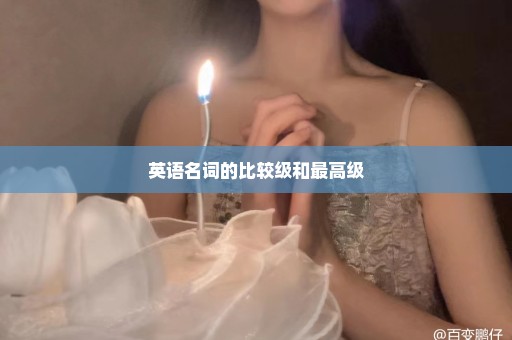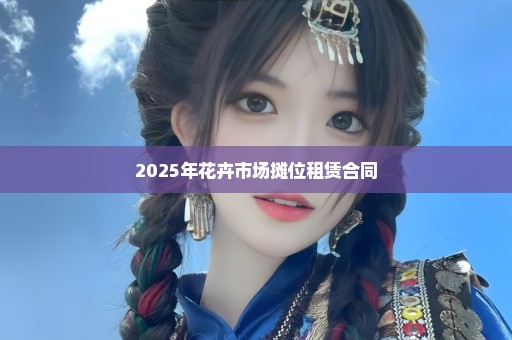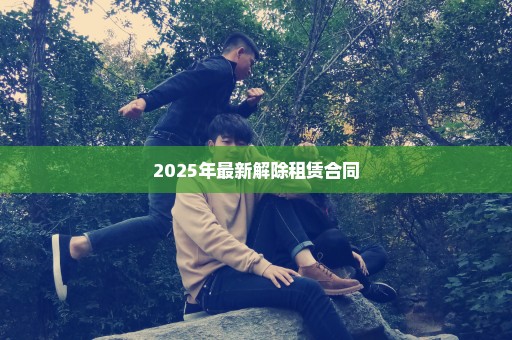英语名词的比较级和最高级
名词一般没有比较级
我想你说得可能是形容词或副词吧:
形容词比较级和最高级的形式
一、形容词比较级和最高级的构成
形容词的比较级和最高级变化形式规则如下
构
成
法
原
级
比
较
级
最
高
级
①
一般单音节词末尾加?er
和
eststrong
stronger
strongest
②
单音节词如果以?e结尾,只加?r
和?st
strange
stranger
strangest
③
闭音节单音节词如末尾只有
一个辅音字母,
须先双写这个辅音字母,再加?er和?est
sad
big
hot
sadder
bigger
hotter
saddest
biggest
hottest
④
少数以?y,?er(或?ure),?ow,?ble结尾的双音节词,
末尾加?er和?est(以?y结尾的词,如?y前是辅音字母,
把y变成i,再加?er和?est,以?e结尾的词仍
只加?r和?st)
angry
clever
narrow
noble
angrier
cleverer
narrower
nobler
angrest
cleverest
narrowest
noblest
⑤
其他双音节和多音节词都在前面加单词more和most
different
more
different
most
different
1)
The
most
high
〔A〕
mountain
in
〔B〕
the
world
is
Mount
Everest,
which
is
situated
〔C〕
in
Nepal
and
is
twenty?nine
thousand
one
hundred
and
fourty
one
feet
high
〔D〕
.
2)
This
house
is
spaciouser
〔A〕
than
that
〔B〕
white
〔C〕
one
I
bought
in
Rapid
City,
South
Dakota
〔D〕
last
year.
3)
Research
in
the
social
〔A〕
sciences
often
proves
difficulter
〔B〕
than
similar
〔C〕
work
in
the
physical
〔D〕
sciences.
二、形容词比较级或最高级的特殊形式:
1.
三个或三个以上音节的形容词只能加more和most
只能说
more
beautiful而不能说beautifuller;
只能说the
most
beautiful而不能说beautifullest。
但是,以形容前缀?un结尾的三音节形容词不适合上述情况,如unhappy,untidy,我们可以说:unhappier→unhappiest,
untidier→untidiest

2.
由?ING分词和?ED分词演变过来的形容词(包括不规则动词如know→known)只能加more或most来表示它们的比较级和最高级
more(most)
striking,
more(most)
interesting,
more(most)
wounded,
more(most)worn等。
4)
The
drawings
〔A〕
of
the
old
masters
〔B〕
are
among
the
treasuredest
〔C〕
works
in
museums
〔D〕
.
3.
英语里有些形容词由于其词义而不可能有比较级形式
absolute
fatal
main
right
universal
chief
final
naked
simulta-
utter
entire
foremost
perfect
neous
vital
eternal
inevitable
possible
sufficient
whole
excellent
infinite
primary
supreme
wooden
三、不规则形容词的比较级和最高级形式
good
well
better
best
bad
ill
worse
worst
many
much
more
most
little
few
less
least
far
farther
farthest
further
furthest
这两个词的区别我懂,big可以用于形容任何事物的规模或大小,而great通常用于修饰人或某种成就。给大家简单总结了两个词的含义、发音以及用法,先大概的了解一下~~
接下来让我们看下big与great的其他区别:
1. Big和Great的意义有区别
Big意味着“重要”或“有影响力的”,而Great则更多的表示“优秀”或“卓越”。
例句:
- The country's big cities attract millions of tourists every year.
该国的大城市每年吸引数百万游客。
- Albert Einstein is considered one of the greatest minds of the 20th century.
阿尔伯特 · 爱因斯坦被认为是20世纪最伟大的思想家之一。
2. Big和Great的数量级不同
Big通常与体积、大小相关,而Great则更多的用于抽象的事物,如品质、能力、影响力等。
例句:
- The new factory is 10 times bigger than the old one.
新工厂比旧工厂大10倍。
- The coach has done a great job of bringing out the best in his players.
教练在激发球员最好的一面方面做得很好。
3. Big和Great的语气不同
Big通常带有一种正式或者严肃的语气,而Great则更多的带有一种亲近或者赞赏的语气。
例句:
- The company's big announcement at the press conference was met with mixed reactions.
该公司在新闻发布会上的重大声明引起了各种反响。
- Your great sense of humor is one of the reasons why everyone loves being around you.
你非常有幽默感,这是大家喜欢和你在一起的原因之一。
4. Big和Great的使用范围不同
Big可以用于形容任何事物的规模或大小,而Great通常用于修饰人或某种成就。
例句:
- He has a big family with five children and three grandchildren.
他家有五个孩子和三个孙子,非常庞大。
- Winning the championship was a great accomplishment for the team.
赢得冠军是该队的巨大成就。
5. Big和Great的用途不同
Big可以用于其他事物的比较,而Great则很少用于比较之中。
例句:
- The new shopping mall is big, but not as big as the one downtown.
新的购物中心很大,但不如市中心的那个大。
- Their company's revenue has grown significantly in the past year, which is a great achievement.
他们公司的收入在过去一年里有了显著增长,这是一个巨大的成就。
鹏仔微信 15129739599 鹏仔QQ344225443 鹏仔前端 pjxi.com 共享博客 sharedbk.com
图片声明:本站部分配图来自网络。本站只作为美观性配图使用,无任何非法侵犯第三方意图,一切解释权归图片著作权方,本站不承担任何责任。如有恶意碰瓷者,必当奉陪到底严惩不贷!
 百科狗
百科狗



